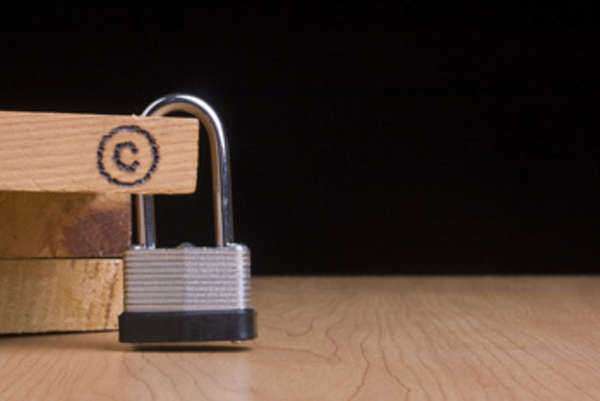As an artist, it’s essential to know your rights to your work. Copyright law can be confusing, but some basic rules can help you protect your creative content. Understanding copyright law will help you ensure that your work is protected and that you can continue to create and sell your art without fear of infringement. Copyright law can be confusing, but some basic rules can help you protect your content. Understanding copyright law will help you ensure that your work is protected and that you can continue to create and sell your art without fear of infringement. What is Copyright Protection? How long Does Copyright Protection Last?
What Is Copyright Protection?
Every author should know their rights when it comes to protecting their work. Learn about copyright protection and how you can register your copyright with the U.S. Copyright Office to take advantage of this legal form of protection. Protect your content. Learn about the different types of copyright protection and which may be right for you. Discuss best practices, ethical guidelines, and how to avoid common mistakes when creating or publishing content that contains a work protected by copyright.

How Long Does Copyright Protection Last?
For most original works, such as articles, photos, videos, and music, protection lasts for the author’s life plus 70 years. Plus, some states have extended that additional time to 95 years! But not all states have this rule; check your state’s copyright laws to see if you are protected for longer than the average 70-year protection period.
What Works Are Protected by Copyright?
Copyright provides the author with legal protection of their original expression. Copyright extends to the “expression” of an idea, not the idea itself, so that you cannot copyright facts or events, but only things like literary works, music, sound recordings, and more. Many people are under the impression that if they come up with an idea, they automatically own it. However, this is rarely the case, as many companies have already used the same thoughts without permission.
How Do I Receive Copyright Protection?
You have to have a unique enough idea that you can protect, then register. Put it in your marketing materials once you receive the patent or copyright registration (yours will be registered automatically when you apply through us). It gives others confidence in what you are doing. You do not have to have a physical object or service ready to sell; just know that it could be protected once you have an idea and cover letter.
Things You Should Keep In Your Mind:
- What is copyright, and how can it help me?
- What are the different types of copyright protection?
- Which kind of copyright protection is right for me?
- How can I best protect my copyrighted content?
- What are some ethical guidelines to follow when creating or publishing copyrighted content?
- How can I avoid common mistakes when dealing with copyrighted material?
What Are the Exceptions to Copyright Protection?
If you are not a professional writer or artist, the writing and images you include in your business content could be deemed reproductions of somebody else’s work. If your website contains photos or other visual elements, they may also fall under Fair Use. Copyright holders allow specific uses considered appropriate under the law, but these use cases are rare.
What Are the Rights of a Copyright Holder?
Copyright is a form of intellectual property. Copyright protects your creative work such as writing, photography, audio and music, paintings, sculpture, choreography, software, and architecture. The ability to own and profit from your creative work is critical for success. In this lesson, you will learn about the rights of a copyright holder and how to secure permissions from third parties properly. This can help protect you from improper use of your content and lawsuits should someone infringe on your copyright.
What Are the Penalties for Violating Copyright Law?
Copyright law protects the expression of ideas through your words and images. If someone is using your content without permission, they may have violated copyright laws and could be facing legal consequences. Any person who willfully and for purposes of commercial advantage or private financial gain violates any provision of section 506, or who knowingly sells or distributes, imports into the United States, exports from the United States, or imports an article that the person knows or has reason to believe contains a copy of a copyrighted work that has been illegally copied.
What is Copyright Protection?
Copyright protects original works of authorship. Copyright offers a range of exclusive rights to the copyright owner, including the right to reproduce the work, distribute copies of the work, and perform the work publicly. Copyright in the United States is automatic upon creation. Therefore, copyright arises automatically at the moment a piece is created. However, you must register your copyright with the U.S. Copyright Office to establish your claim to that work.
Conclusion
As an artist, it’s essential to be aware of copyright law and how it can protect your work. Copyright law gives creators control over how their work is used and distributed. By understanding the basics of copyright law, you can ensure that your work is protected and that you receive the credit and compensation you deserve.
